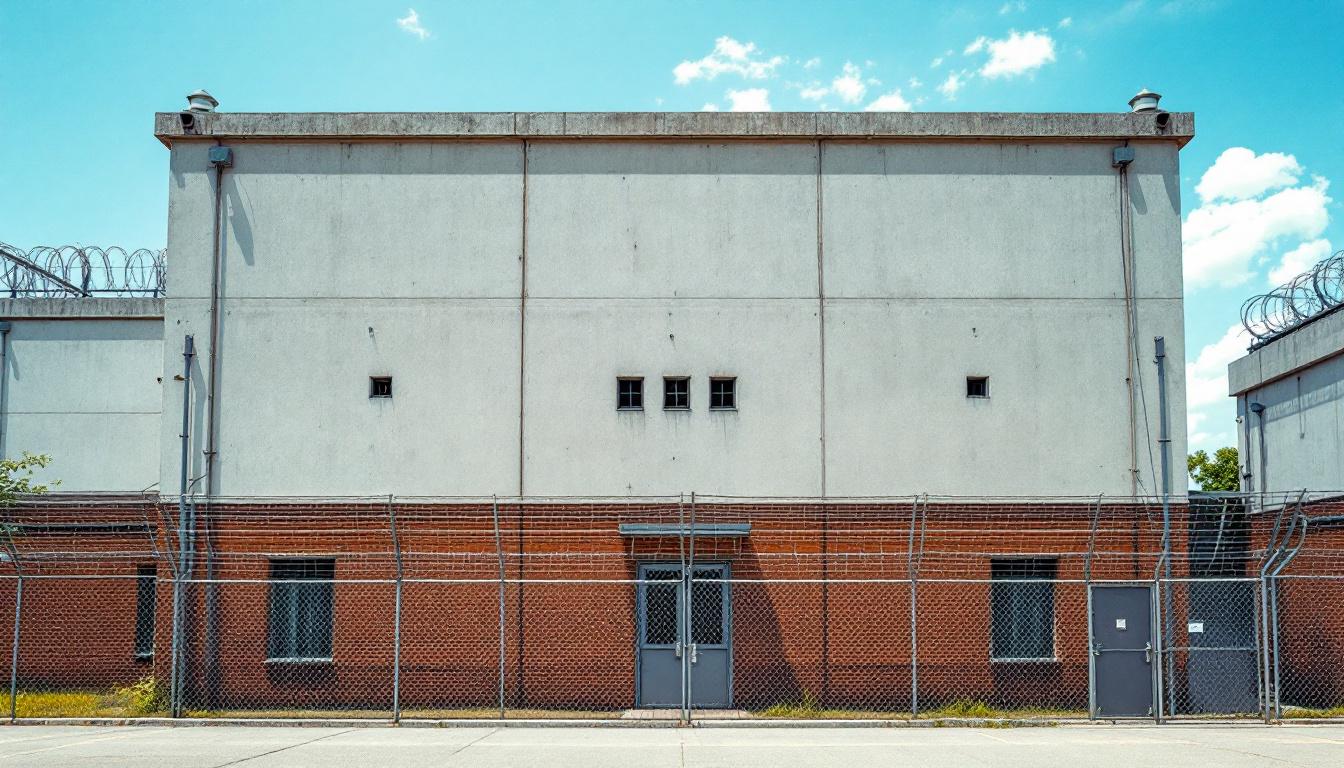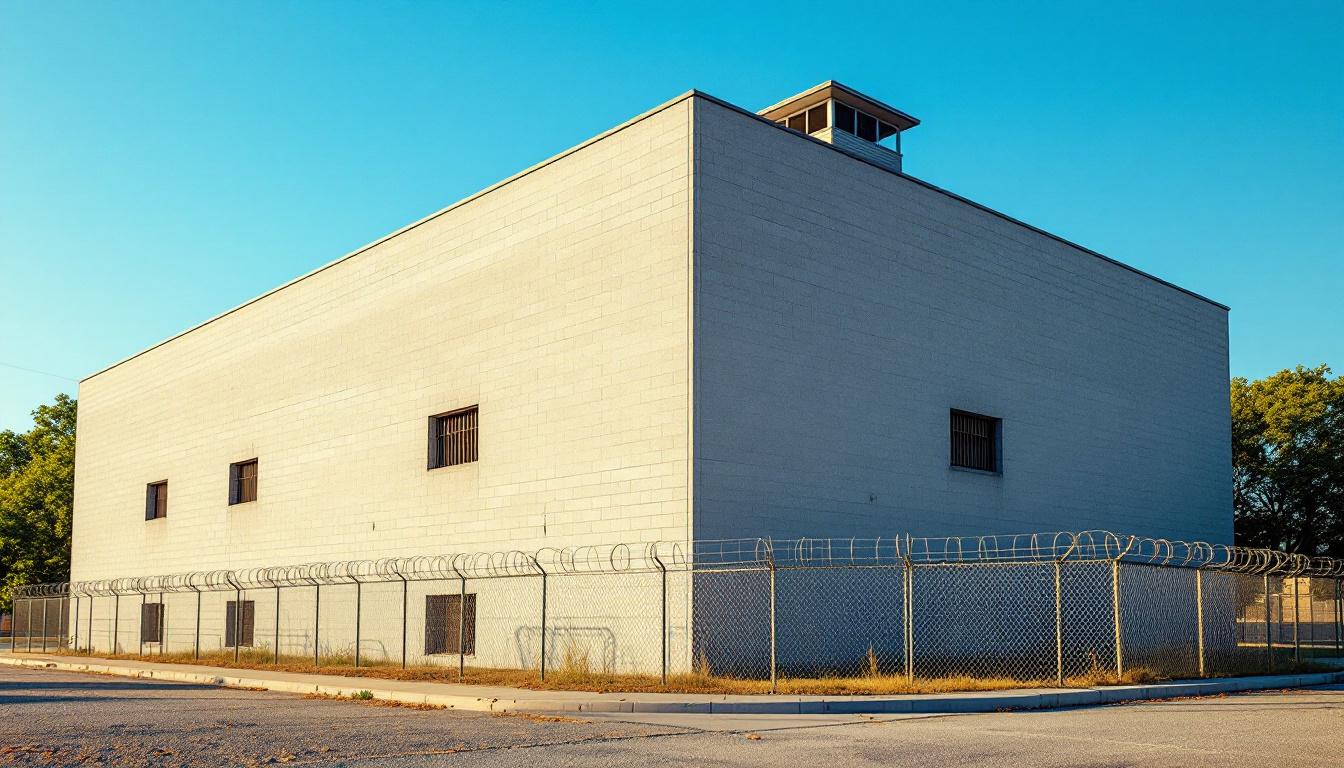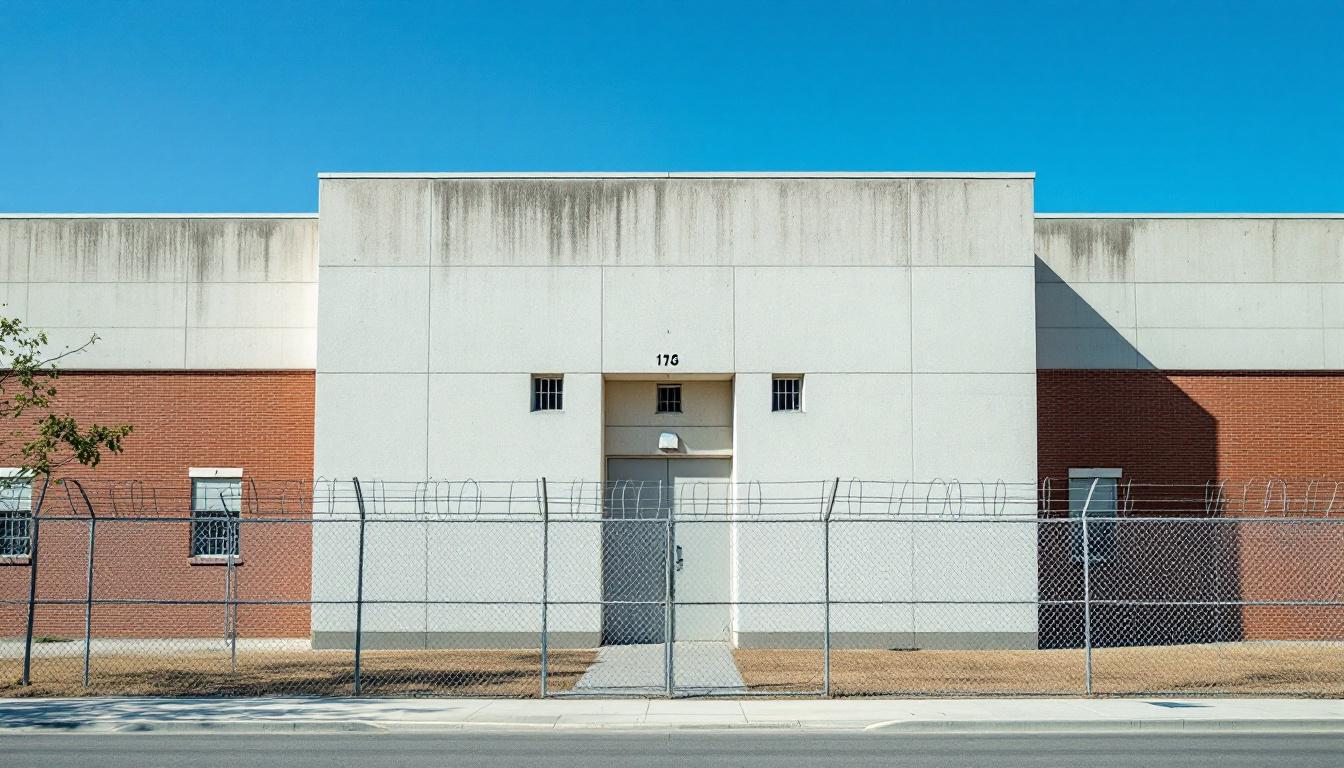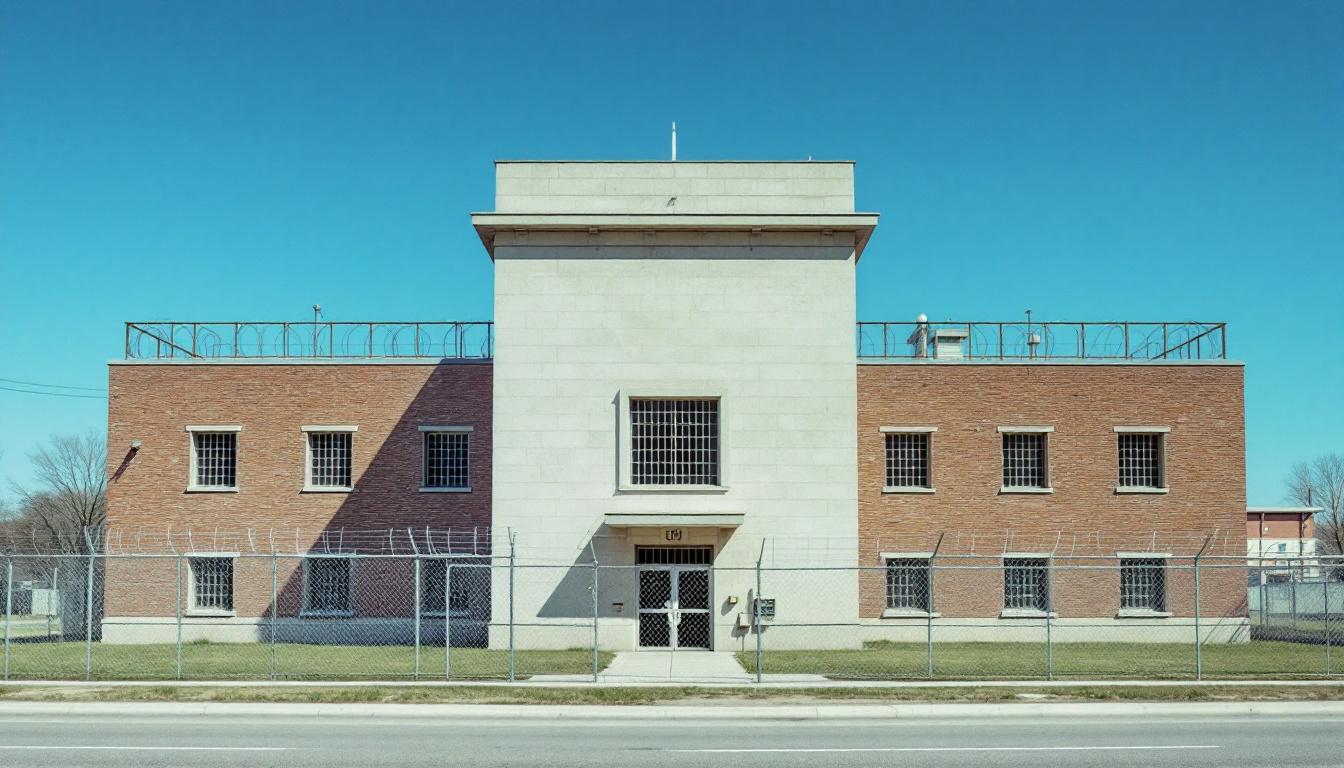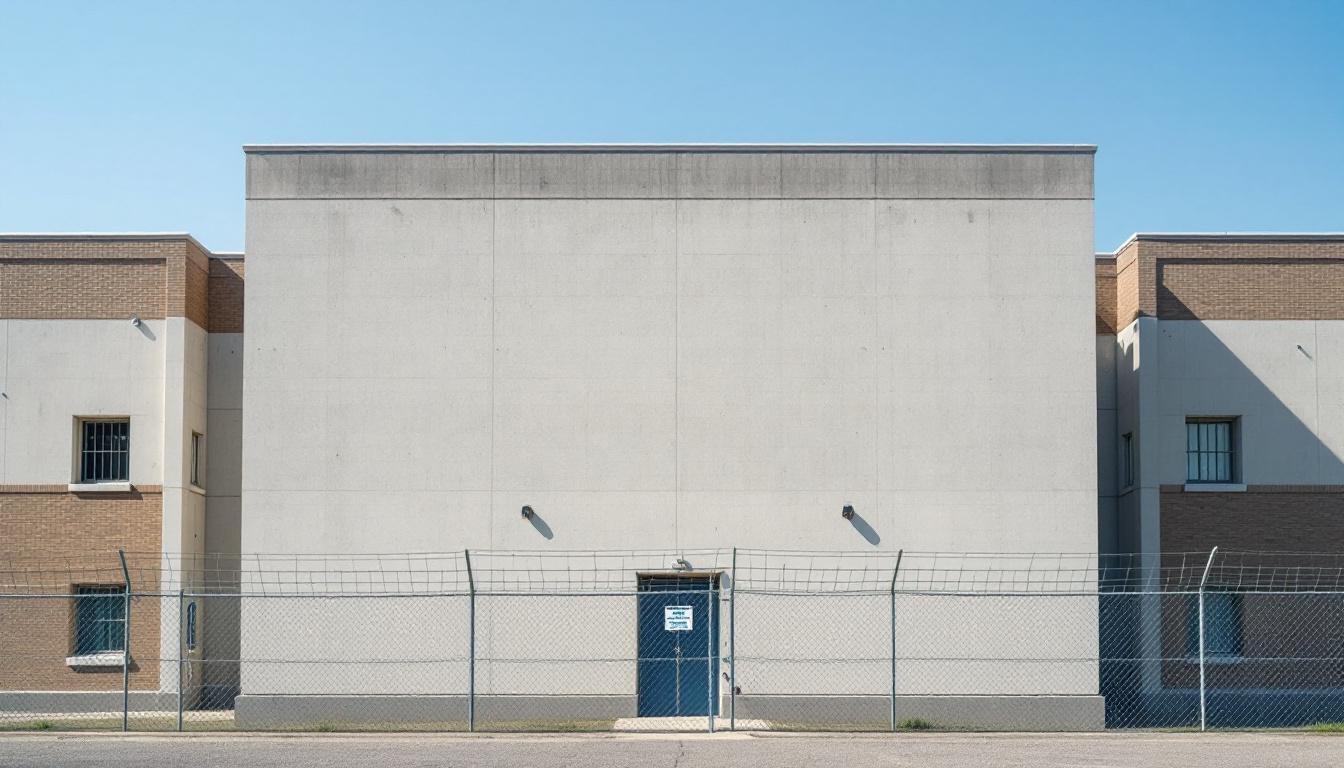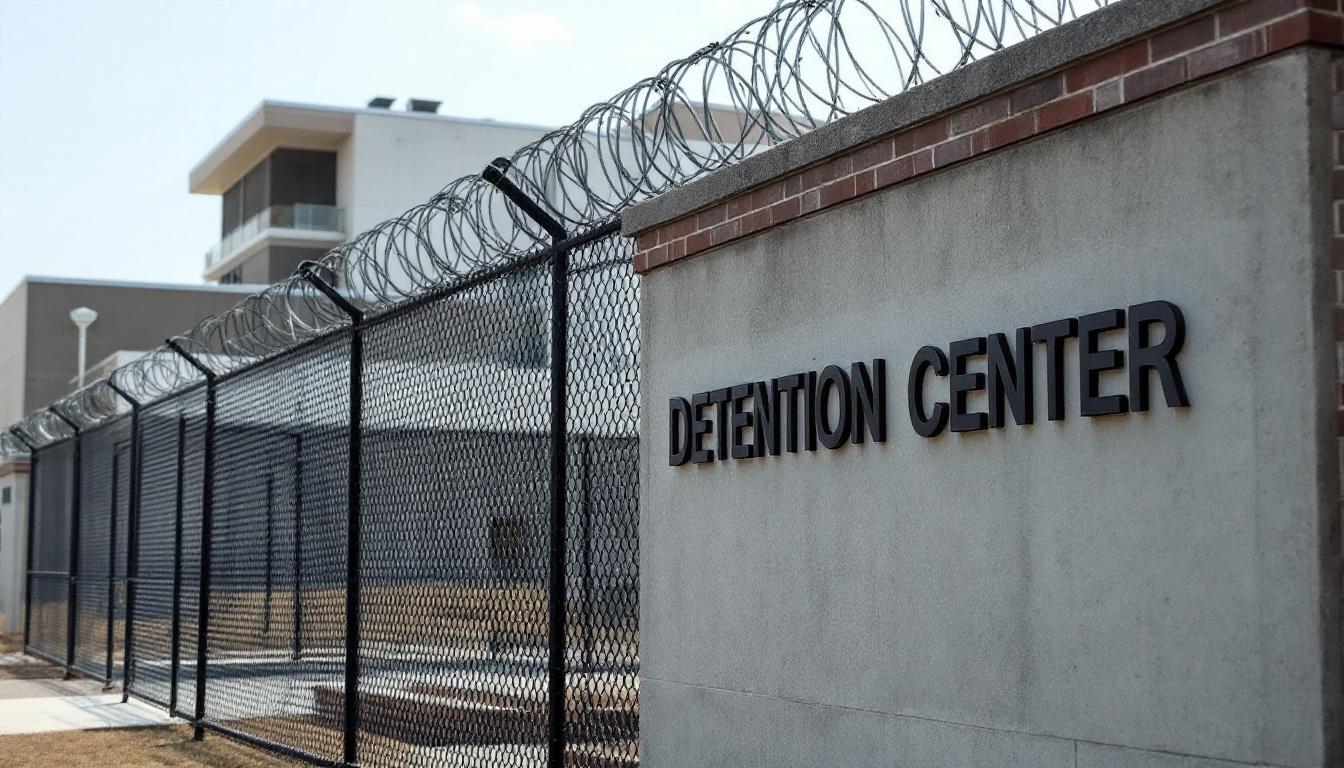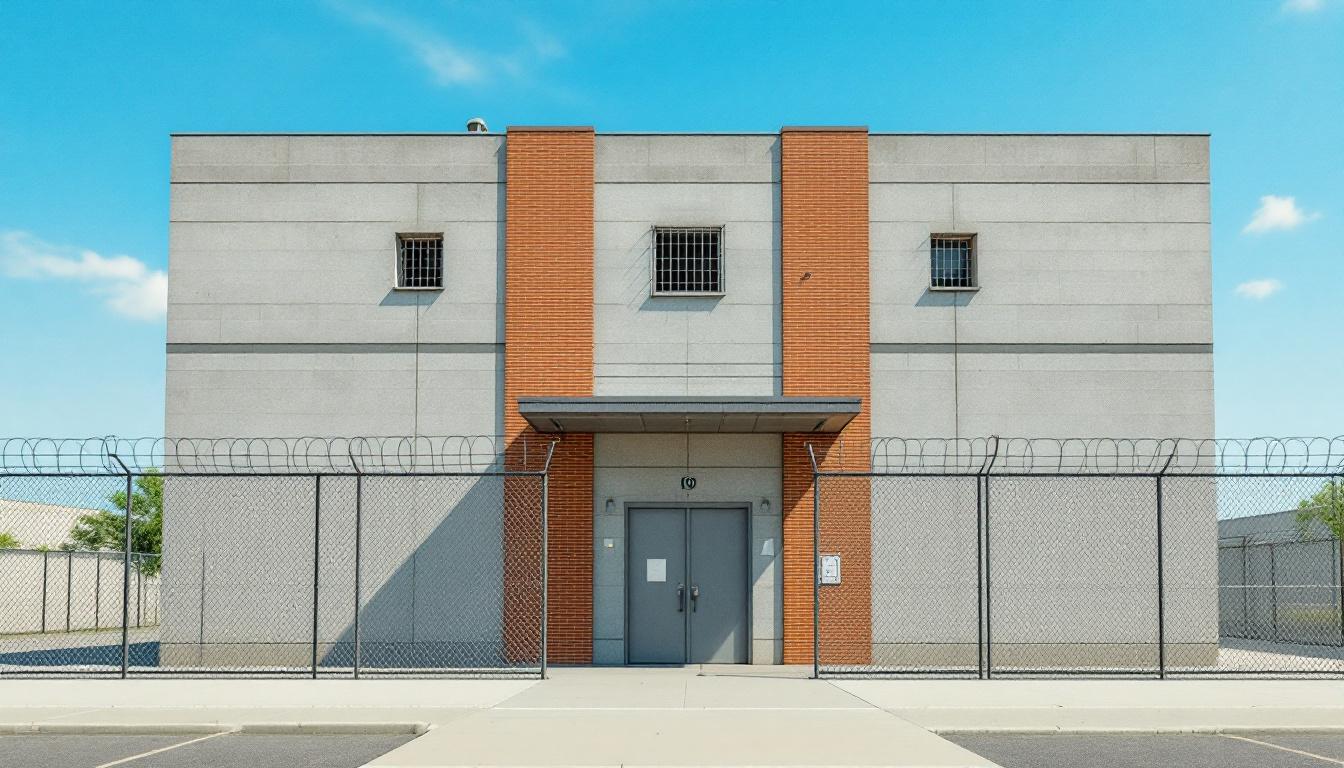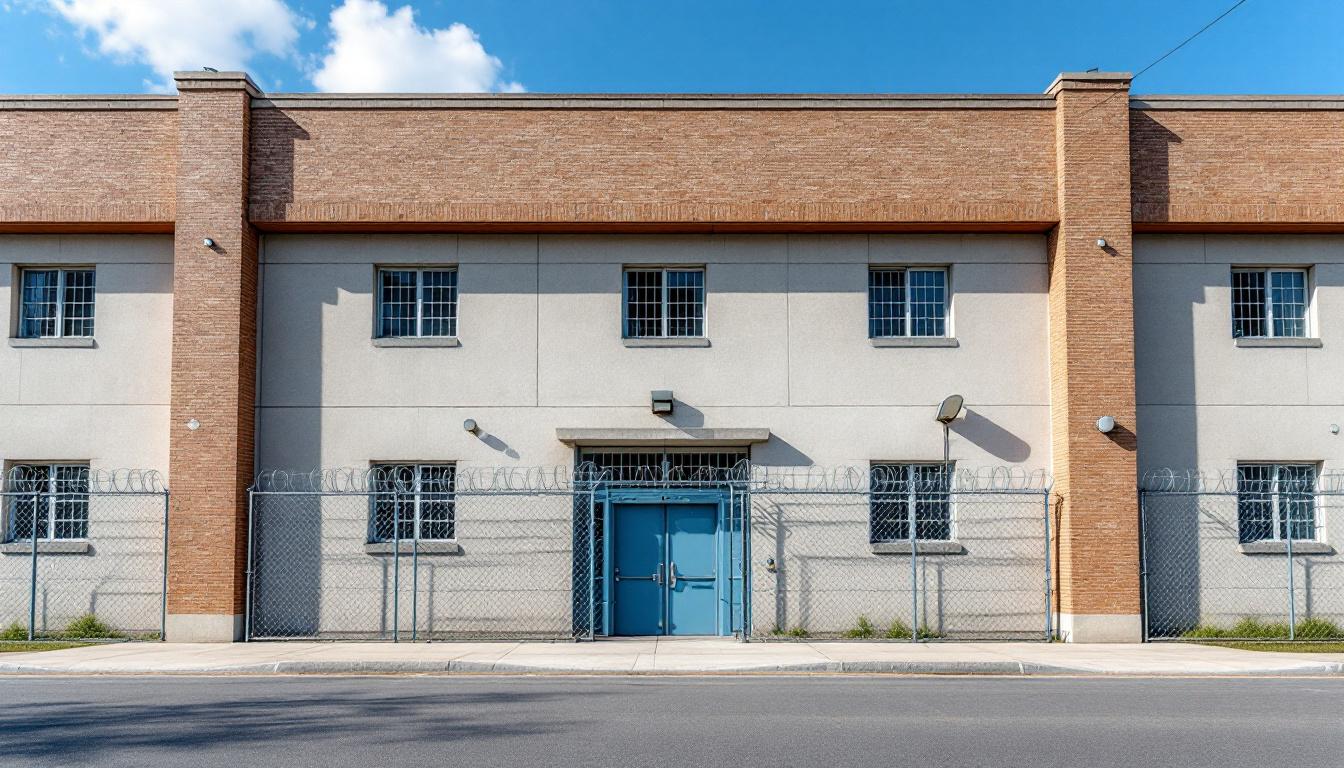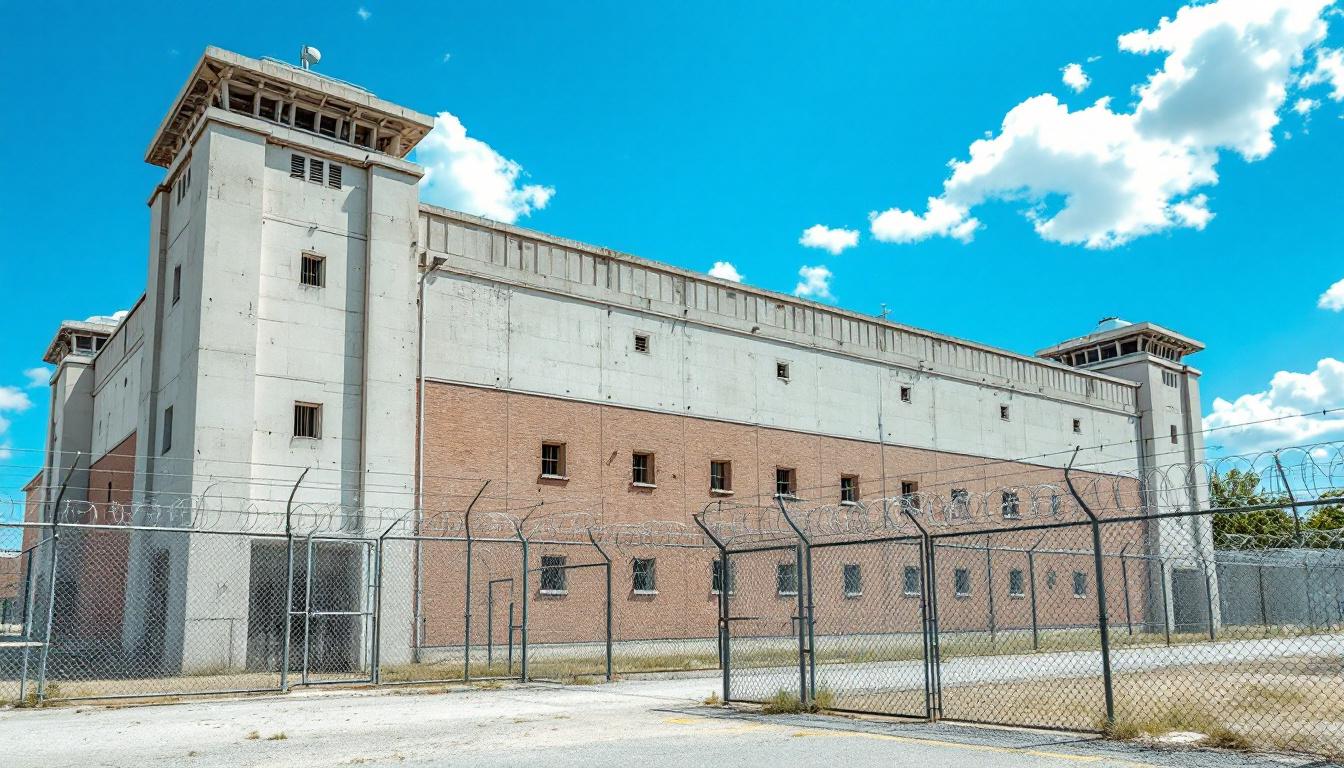
Quick Navigation
How to contact an inmate at Halifax County Jail
This comprehensive guide will walk you through how to connect with an inmate at Halifax County Jail. Follow the steps below to find an inmate and send letters and photos:
- Search for the inmate using our search tool below
- Create your account or log in to Penmate
- Write your message (up to 6,000 characters)
- Send instantly - inmates receive printed copies daily
Find an Inmate
Search for an inmate to start communicating today
Tip: You can search by first name, last name, or inmate ID number
To contact a person at Halifax County Jail start by searching for the person on the official facility website. Perform a search by following these steps:
- Step 1: Enter their first name and last name into the search form and click "Search"
- Step 2: Locate their inmate record
- Step 3: Write down their Inmate ID and any housing information provided
Important! Be sure to enter the person's full name. Nicknames should not be used.
How to Send Messages to Inmates

You can use your phone or computer to send emails, letters, and photos to an inmate. Messages are sent electronically to inmate tablets or kiosks at the facility. If you would like to send a message, start by searching for an inmate at Halifax County Jail.
Sending Photos and Postcards

A great way to send love and support to a loved one at Halifax County Jail is to send photos and postcards. It only takes a few minutes to send photos from your phone and it makes a huge difference. You can also mail postcards with words of support and inspiration, or design your own postcard for special moments like birthdays and holidays.
Important! Be sure not to send any explicit photos or they may not be approved by the facility. You can also use a photo printing app like Penmate to make sure your photos are printed at the correct size (4x6 or 3x5) and are mailed according to the rules and regulations of Halifax County Jail.
Frequently asked questions about Halifax County Jail
-
How long does it take to deliver a message?
If you're sending an email message your letter is usually delivered within 24-48 hours. For messages sent via mail you should expect delivery within 3-7 days. All messages will need be approved by Halifax County Jail.
-
How much does it cost to send a message to Halifax County Jail?
You can send a message free using your phone or mail a message via USPS for the price of a $0.60 stamp and envelope. You can also purchase credits or e-stamps from services starting at $1.99.
-
What services can I use to contact an inmate at Halifax County Jail?
Penmate
You can use Penmate to send letters and photos to an inmate from your phone. It's an easy way to stay in touch during your loved one's incarceration. Use the inmate locator to find an inmate's location and contact information, then you can send messages within a few minutes.
Securus messaging
Securus may be another option for communicating with an inmate at Halifax County Jail. You can create a friends and family account and purchase credits to send messages. All messages will be reviewed and must be approved by the facility.
JPay
Some county jails and state prisons may support sending messages with JPay. You must register an account with the system, find your loved one, and purchase stamps to send messages. For some locations you can also attach photos.
Smart Jail Mail
You may also check if Smart Jail Mail is available at Halifax County Jail. Smart Jail Mail is operated by Smart Communications and has contracted with some state and county jails. After purchasing credits, your messages and photos are sent to the facility, printed out, and then handed out to your loved one.
-
What is the mailing address of Halifax County Jail?
Mailing address:
Halifax County Jail
355 Ferrell Ln
Halifax, NC 27839
Phone: (252) 583-3081Business hours:
- Monday: Open 24 hours
- Tuesday: Open 24 hours
- Wednesday: Open 24 hours
- Thursday: Open 24 hours
- Friday: Open 24 hours
- Saturday: Open 24 hours
- Sunday: Open 24 hours
-
What are the visiting hours at Halifax County Jail?
Visiting hours at Halifax County Jail vary by housing unit and security level. Generally, visits are scheduled on weekends and holidays, with some facilities offering weekday visits. Contact the facility directly at (252) 583-3081 or check their website for the current visiting schedule. Visits typically last 30-60 minutes and must be scheduled in advance.
-
What items are prohibited when sending mail to Halifax County Jail?
Prohibited items typically include: cash, personal checks, stamps, stickers, glitter, glue, tape, staples, paperclips, polaroid photos, musical or blank greeting cards, hardcover books, magazines with staples, and any items containing metal or electronics. Only send letters on plain white paper with blue or black ink. Photos must be printed on regular photo paper (no Polaroids). Always check with Halifax County Jail for their specific mail policies.
-
How do I send money to an inmate at Halifax County Jail?
You can send money to an inmate at Halifax County Jail through several methods: 1) Online using JPay, Access Corrections, or the facility's approved vendor, 2) Money orders mailed directly to the facility with the inmate's name and ID number, 3) Kiosks located in the facility lobby, or 4) Over the phone using a credit or debit card. Fees vary by method, typically ranging from $2.95 to $11.95 per transaction.
-
Can I schedule a video visit with an inmate at Halifax County Jail?
Many facilities now offer video visitation as an alternative to in-person visits. At Halifax County Jail, video visits may be available through services like Penmate, Securus Video Connect, GTL, or ICSolutions. Video visits typically cost $10-20 for 20-30 minutes and must be scheduled in advance. You'll need a computer or smartphone with a camera and reliable internet connection. Contact the facility for their specific video visitation policies and approved vendors.
-
What identification do I need to visit an inmate at Halifax County Jail?
All visitors must present valid government-issued photo identification such as a driver's license, state ID, passport, or military ID. Minors must be accompanied by a parent or legal guardian who can provide the minor's birth certificate. Some facilities require visitors to be on the inmate's approved visitation list, which may require a background check. Contact Halifax County Jail for specific ID requirements and visitor approval procedures.
-
How can I find out an inmate's release date?
To find an inmate's release date at Halifax County Jail, you can: 1) Use the online inmate search tool if available, 2) Call the facility's records department, 3) Contact the inmate's case manager or counselor, or 4) Have the inmate provide this information during a call or visit. For privacy reasons, some facilities only release this information to immediate family members.
Facility Overview
Official Website

About Halifax County Jail
A state correctional institution operating in Halifax County, Roanoke River Correctional Institution has maintained agricultural operations since 1892 on approximately 7,500 acres of farmland. The facility houses offenders who participate in extensive farming operations managed by Correction Enterprises, including cultivation of about 5,500 acres that produce corn, wheat, soybeans, sweet corn, collard greens, sweet potatoes, squash, cucumbers, and melons. The institution also operates a 12,770 square-foot cannery with the capability of processing approximately 500,000 gallons of commodities annually for distribution to prison kitchens across North Carolina.
Located near Tarboro in Halifax County, the correctional facility emphasizes vocational training and educational opportunities through its partnership with Halifax Community College. Offenders may participate in vocational classes including cooking, block masonry, small engine repair, electrical wiring, commercial cleaning, and plumbing, along with adult education and GED preparation programs. The institution also offers various self-help programs focusing on substance abuse treatment, stress management, Narcotics Anonymous, Alcoholics Anonymous, DART aftercare, and minimum custody readiness preparation.
Work assignments at Roanoke River Correctional Institution typically include farm crew duties, maintenance and janitorial work, food service operations, and positions as barbers, grass cutters, and recreation clerks. Offenders may also work on labor contracts and manual labor projects for local governments, providing valuable community service while developing job skills. These diverse programming opportunities, combined with the facility's agricultural focus, are designed to support offender rehabilitation and preparation for successful community reintegration upon release.
Programs & Services
Halifax Community College partners with correctional facilities in the region to deliver comprehensive vocational training programs that prepare individuals for successful reentry into the workforce. These educational opportunities typically include hands-on instruction in cooking, block masonry, small engine repair, electrical wiring, commercial cleaning, and plumbing - trades that offer strong employment prospects upon release. Adult education services and GED preparation classes may also be available to help individuals complete their basic education requirements and improve their academic foundation.
Self-help and rehabilitation programs often form a crucial component of the facility's offerings, with substance abuse treatment, stress management, and personal development courses designed to address underlying issues that may have contributed to criminal behavior. Participants may have access to support groups such as Narcotics Anonymous and Alcoholics Anonymous, along with specialized programs like DART aftercare services and minimum custody readiness preparation. These evidence-based interventions typically focus on developing coping strategies, building life skills, and preparing individuals for successful community reintegration.
Work programs and job training opportunities may provide valuable experience in various areas including food service operations, maintenance duties, janitorial services, and grounds keeping. Such programs often emphasize developing a strong work ethic, learning transferable skills, and gaining practical experience that can translate to employment opportunities after release. Additional services commonly found at county facilities may include medical and mental health care, library services, recreational activities, and visitation programs designed to maintain family connections and community ties during incarceration.
Daily Life & Visitation

Work assignments begin early at Roanoke River Correctional Institution, where incarcerated individuals typically start their day with agricultural duties on the facility's expansive 7,500-acre grounds. Those assigned to the farm operations may tend to the poultry-laying operation or work the row crops including corn, wheat, soybeans, and various vegetables like sweet corn, collard greens, and sweet potatoes. Others report to the 12,770-square-foot cannery where they process and preserve crops grown on-site for distribution to prison kitchens throughout North Carolina's correctional system. Beyond agricultural work, individuals may be assigned to maintenance duties, food service, barbering, or groundskeeping roles within the facility.
Educational and vocational programming typically occupies afternoon hours, with Halifax Community College providing instruction in practical skills such as cooking, block masonry, small engine repair, electrical wiring, commercial cleaning, and plumbing. Adult education classes and GED preparation are also available for those working toward their high school equivalency. The facility often offers self-help programs addressing substance abuse, stress management, and personal development, including Narcotics Anonymous and Alcoholics Anonymous meetings.
Evening hours may include recreational activities and personal time, though specific recreation schedules and visitation policies were not detailed in the available information. Like most North Carolina correctional facilities, Roanoke River CI likely maintains structured meal times, count procedures, and lights-out schedules that provide consistency and security. The combination of agricultural work, vocational training, and educational opportunities aims to prepare individuals for successful reintegration into their communities upon release.
Ready to Connect?
Start communicating with your loved one today
Search for an Inmate
